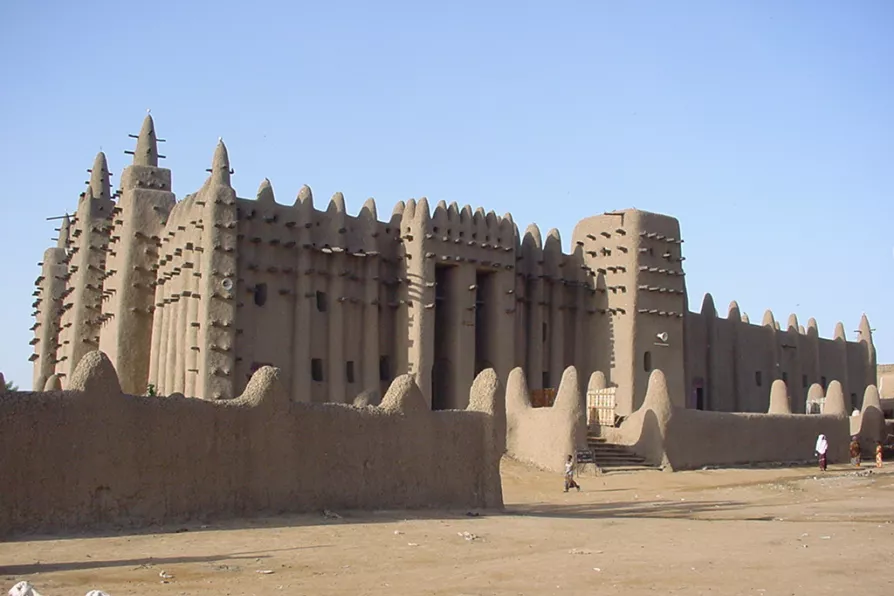As the government quietly upgrades the role of Britain’s special forces, their growing global footprint and near-total exemption from democratic oversight should alarm us all, says ROGER McKENZIE

 The Great Mosque of Djenne, Mali. The first mosque on the site was built around the 13th century, but the current structure dates from 1907
[Andy Gilham/Creative Commons]
The Great Mosque of Djenne, Mali. The first mosque on the site was built around the 13th century, but the current structure dates from 1907
[Andy Gilham/Creative Commons]
EVEN the most cursory of glances at recent events in the Sahel should lead most reasonable-minded observers to see the complete disdain that Africans are held in by the collective West.
The discussion about the recent Sahel revolutions — because that’s what they are — take place within the prism of someplace or something else.
It raises the question of whose stories matter? Whose history matters? What does this mean for the now and for the future?

As the Alliance of Sahel States and southern African nations advance pan-African goals, the African Union must listen and learn rather than parroting the Western line on these positive developments, writes ROGER McKENZIE

PRABHAT PATNAIK details the epochal shift of political power from Western neocolonialists to the people

ROGER McKENZIE explains how Ibrahim Traore has sparked the flames of hope across Africa, while the Western powers seek to extinguish all attempts to build true sovereignty in the long-exploited continent











